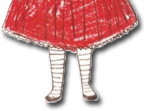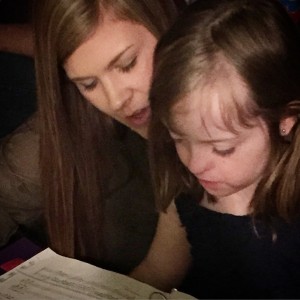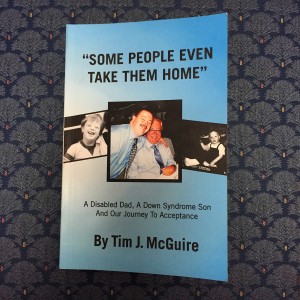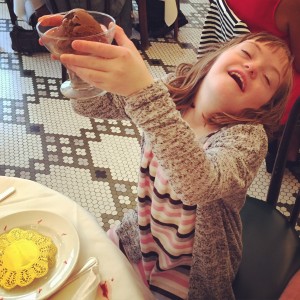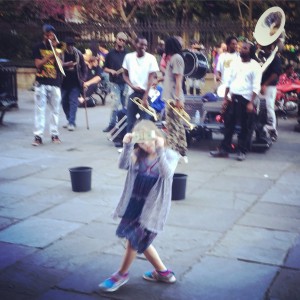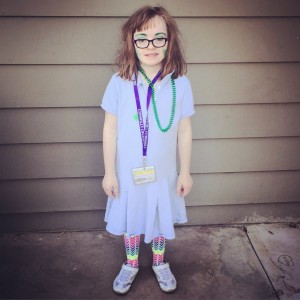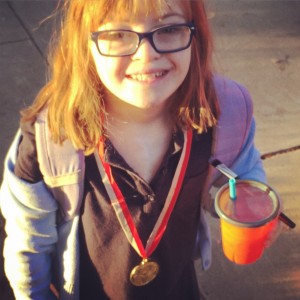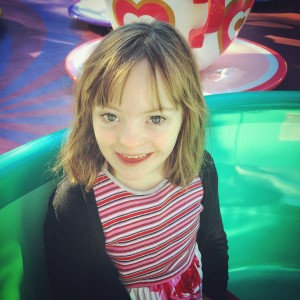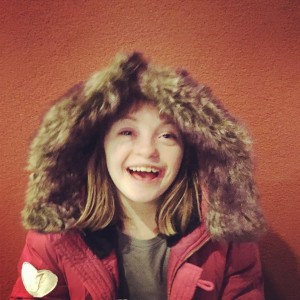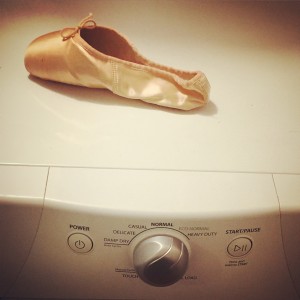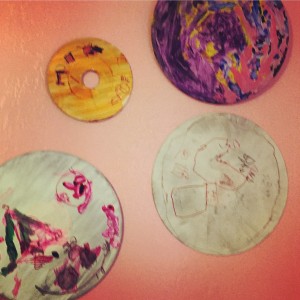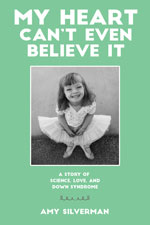
Passover the Musical, Or the Search for Meaningful Traditions and Just Maybe, that One “Religious” Moment
posted Thursday April 9th, 2015
Last week, Jewish people all over the world cleaned out pantries and changed dishes — getting rid of all signs of leavened foods — in pious (and arduous) preparation for Passover, the celebration of the Jews’ exodus from Egypt.
I was busy getting ready, too, trying to figure out how to wrap bacon around matzoh balls and making a playlist in keeping with the theme for my seder this year, “Passover the Musical.”
In the end, the bacon strips were too short, the matzoh balls too big and I couldn’t find the toothpicks. But the mix turned out great — I crowdsourced on Facebook, gathering Passover-inspired suggestions like “Take Me to the River” by Al Green (I went with the Talking Heads version), Lesley Gore’s “You Don’t Own Me,” and “You’ve Gotta Fight for Your Right to Party” by the Beastie Boys. Perfect music for mingling over deviled eggs and seating arrangements, as we managed to cram 33 people, two large dogs and a cat into my tiny backyard on a perfect spring evening.
Sacrilege? Yeah, most of it. But it’s also how I get my family — and certain friends — to participate in Passover without complaint. Previous themes have included “Passover on a Stick” and “Pastel Passover,” but this one was my favorite.
There was bacon and beer but there was also brisket and wine and two kinds of charoset. We said (most of) the prayers and the youngest kid read The Four Questions. We also read passages by David Brooks, Ruth Bader Ginsburg, and a favorite student in the writing workshop I’ve taught forever with my dear friend Deborah, who led the seder.
Then there was the music. Anyone brave enough was invited to perform. Ray played Metallica’s “Creeping Death” on the guitar, and even passed out copies of the lyrics so we could all follow along. Deborah’s daughter Anna performed a beautiful song by Debbie Friedman. Annabelle gave Adam Sandler a run for it with an original song she wrote and performed on the ukelele (“P-A-S-S-O-V-E-R — Today is Passover, so shout hurrah”). Then Sophie and Abbie sang.
Sophie had been wandering around all night with her school choir notebook, so I wasn’t surprised when she opened it, but I was shocked when Abbie opened her mouth. Abbie is almost 20, the daughter of one of my oldest and best friends, Trish, and while she’s all grown up and absolutely lovely, I think of Abbie as quite shy — as my flower girl 17 years ago, she all but refused to walk down the aisle. These days she’s quiet and confident, not an attention seeker. But Abbie loves Sophie, and Sophie wanted her to sing, so the two of them offered a beautiful rendition of Fleetwood Mac’s “Landslide.”
And there, under the full moon, after half a glass of wine, I had a religious moment — or as close as I get.
Oh, mirror in the sky, what is love?
Can the child within my heart rise above?
Can I sail through the changing ocean tides?
Can I handle the seasons of my life?
That’s my kind of prayer. Stevie Nicks is back and forth in interviews over whether she wrote it for her father, but hearing our kids sing it, I knew the song was meant for the parents in the crowd. Earlier in the night, Trish teared up when she saw that Sophie’s now wearing braces. “She looks so grown up!” she said, wiping her eyes. I felt my own well up as Sophie perched on Abbie’s lap and our “little” girls sang, Abbie’s voice clear and beautiful, Sophie’s unmistakably her own.
So what does “Landslide” have to do with Passover? Well, nothing, really. And everything. What is religion if not an attempt to handle the seasons of our lives? Whether it’s heavy-duty prayer in synagogue or some silly twists on tradition in my own backyard, for me it’s about figuring out what our place is in this crazy universe, how we fit in and how we can work to make it a better place. We do that by building our own communities, our congregations, the people who enrich us, educate us, make us better, catch us when we fall. People like Deborah and Trish, Anna and Abbie.
Passover was a big success (if I say so myself), even if we should have had place cards and next year I promise there will be (a lot) more beer. Now I have to figure out what to do about the B’nai Mitzvah, the joint Bat Mitzvah for the girls next year that’s still in its earliest planning stages, mostly because I’ve been stuck trying to figure out the most basic logistics. My Passover seder had all the elements I’m looking for in a celebration of my daughters’ coming of age — some religious education (Annabelle actually did quite a bit of research for her song), good food, good music, some twists on tradition, celebration of heritage, and important people from our lives. (Hopefully we’ll have more seating at the B’nai Mitzvah.)
I know I want the girls to study hard for their B’nai Mitzvah, but just where should that studying take place? I haven’t gone to synagogue regularly since my own Bat Mitzvah, and looking back, the time I spent in temple and religious school was among the emptiest of my life, time spent staring at the clock and wondering why I was bothering, since I’d decided at 7 that I didn’t believe in any of it. I’m jealous of those who do find meaning within the walls of a synagogue, community within a congregation. It’s been tougher to find it outside. But I have found those things in my own way — and I need to remember to hold them close.
I bought myself a knock-off Jadeite cake plate for Easter. And my Passover gift to myself is a promise that I’ll quit feeling guilty about not joining a temple, about not taking the girls to services and religious school. We’ll figure out this B’nai Mitzvah thing on our own terms, terms that make sense to our family, that educate the girls about their heritage and help prepare them to be young women.
As for the particulars, I like said, those have yet to be figured out. But I do hope Abbie will sing “Landslide.”

